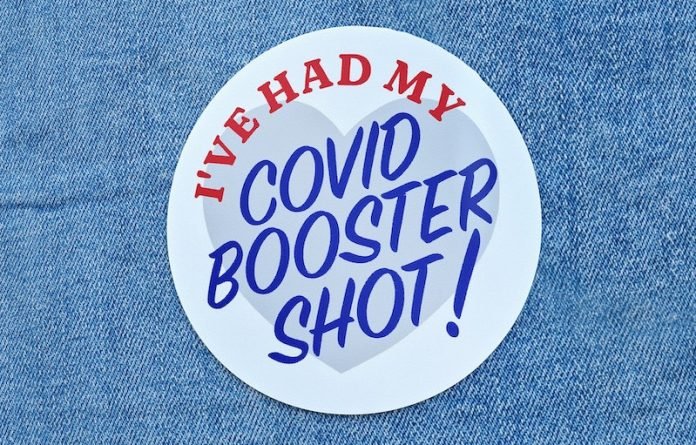
In a study from Regenstrief Institute and Indiana University, scientists confirmed that mRNA booster immunizations extend protection against moderate and severe COVID for four to five months.
The findings from a nationwide U.S. study of more than 893,000 adults provide solid evidence.
These findings provide a more complete understanding of the effectiveness and durability of third and fourth doses of the mRNA vaccines, informing policymakers and providing people with confirmation of the importance and value of boosters.
The team also found vaccine effectiveness provided by boosters waned less against severe disease than against moderate disease in all age groups.
The team says their analysis provides compelling evidence, both of the effectiveness of boosting to increase immunity, and that this immunity begins to wane after four or five months, indicating additional booster doses are necessary.
The recommendations to get boosted that were issued by the CDC months ago, were, in fact, the right recommendations. Booster doses are necessary to maintain a high level of immunity to severe COVID.
The bivalent booster, available since early September 2022, targets both historic strains of the SARS-CoV-2 virus and the omicron variants (BA.4 and BA.5) currently circulating in the U.S. and globally.
The team says if it has been four months or longer since your last COVID booster, or if you had the initial two shots and have never received a booster, you should strongly consider a bivalent booster, which targets ancestral strains of the COVID virus plus subvariants omicron BA.4 and BA.5.
The evidence that boosters can keep you healthy is compelling. Combining a COVID booster with an annual flu shot will help you make it through the respiratory disease season.
If you care about COVID, please read studies about vitamin D deficiency linked to severe COVID-19 and death, and why people with blood type O have lower COVID-19 risk.
For more information about COVID, please see recent studies about the cause of COVID vaccine resistance, and results showing why people with diabetes more likely to have COVID-19.
The study was conducted by Brian Dixon et al and published in The BMJ.
Copyright © 2022 Knowridge Science Report. All rights reserved.



